What’s the worst meeting you’ve ever had the misfortune of attending? If you’re like most people, you probably won’t have a difficult time recalling. I’ve actually got a list:
- The time a CEO fell asleep and started snoring like a freight train in the middle of a presentation (fortunately, I wasn’t the one delivering it)
- A genuine revolt during which attendees staged a mutiny and walked out of the room (another one where I was fortunate enough to be an innocent bystander)
- The time a board member at a client basically held me and several others hostage under the guise of a strategy meeting so that he could regale us for hours with tales from his less-than-fascinating life story
No matter the cause, it seems clear that everyone’s had a bad experience in meetings.
What people say about meetings
According to a 2018 Wall Street Journal article, surveyed senior managers in a range of industries had this to say about meetings:
- 71% felt meetings are unproductive and inefficient.
- 65% felt meetings keep them from completing their own work.
- 64% felt meetings come at the expense of deep thinking.
Researchers have identified a phenomenon called “meeting recovery syndrome.”* That’s right, it turns out the impact of a lousy meeting can linger for hours afterward, negatively impacting your productivity for at least the rest of the day.
Unclear key results lead to more meetings
For me, as a global OKRs coach, there is an enormous irony in all this: It’s shocking how often clients create OKRs that call for more meetings. For some, meetings serve as a panacea for every conceivable organizational ailment. Are you lacking alignment? Hold more meetings. Seeing a dip in accountability? Get together more often to talk things through. Need a jolt of focus? Assemble some slides and meet about it.
An example of a weak key result
A common key result is often written like this:
Hold structured meetings with my direct reports to support the company’s growth objectives
Regardless of the objective it’s associated with, that is not a strong key result.
Modify your meeting goals with three key guidelines
The good news is that you can modify key results like this to make them more effective by following a few simple guidelines:
Make it quantitative
Remember that the purpose of a key result is to provide quantitative evidence of the achievement of the objective. In other words, you need to be measuring something. What’s being measured in the key result above? At present, nothing. If the writer of this key result is convinced more meeting time is an important indicator of success, then create a target and measure it. Perhaps track the number of times they meet, or the number of hours they convene.
Be specific
Vague and nebulous language is a key result killer. In the example above, the culprit is the word “structured.” What is a structured meeting? Ask 10 people and you’re likely to get 10 different answers. Break it down.
Perhaps a structured meeting goes something like this:
- Discuss last month’s results.
- Examine the sales pipeline.
- Determine hiring needs.
It could be anything. The “key” is to be specific on your agenda. Then you can measure the percentage of meetings that adhere to your structured agenda.
Use outcome-based key results
When I see meeting-based key results, my inclination is to assume good intentions on the part of the writer. I assume they’re meeting to most likely analyze or improve some aspect of performance. With that in mind, and consistent with the advice in the previous bullet, be specific about why you’re meeting; about what success looks like if you hold a great meeting. If you’re suggesting a meeting-based key result to improve (for example) your onboarding process, be sure to also include a key result that actually measures the improvement of onboarding. You may find when you do this, that the meeting-related key result quickly becomes redundant, since you’ve discovered the outcome you’re actually striving for.
Try those tips and you’ll be on your way to improved key results. And that’s all I have to say on that. I’m late for a — wait for it — meeting.
*Reported in “Why Your Meetings Stink — and What to Do About it,” by Steven G. Rogelberg in the January-February 2019 Harvard Business Review

